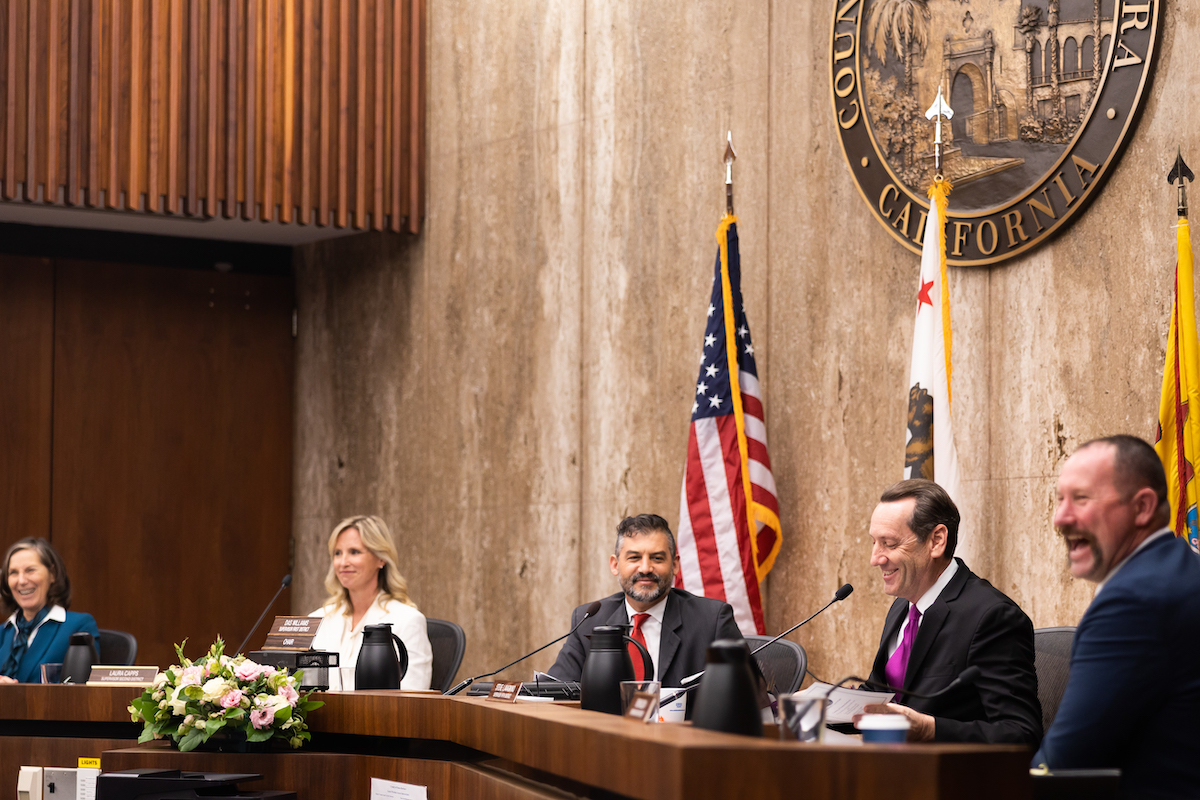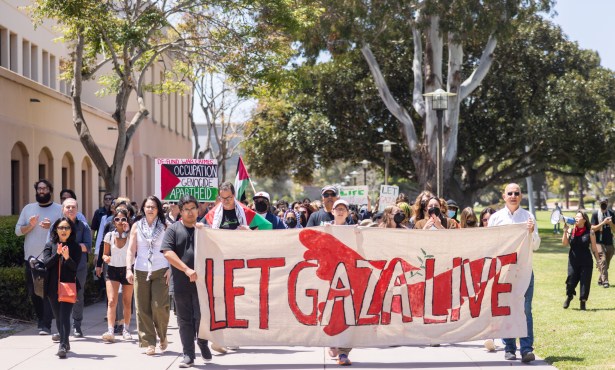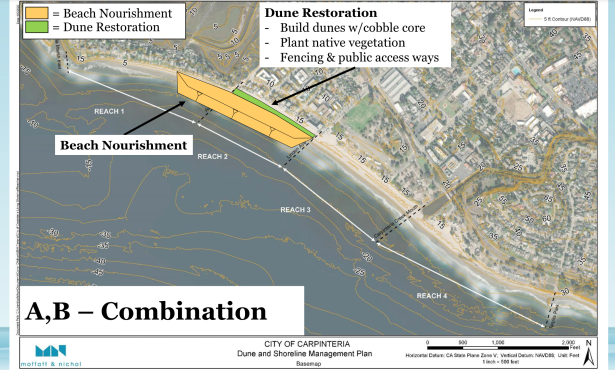New Campaign Contribution Rules to Have Resounding Effect on Santa Barbara Politics
County Supervisors Support Increased Transparency but Flummoxed by Details of New Requirements

New rules from California’s Fair Political Practices Commission (FPPC) limiting campaign contributions now include elected officials, like supervisors and city councilmembers, limiting anyone with business before either the county or city to a $250 campaign contribution. The other change to the rules, which prohibit an official from taking part in any decision involving a donor who’s contributed more than $250 in the 12 months before a vote was final, was that the official now cannot take part if they receive such a contribution in the 12 months after the decision. Formerly, it had been three months.
Both are likely to have a resounding effect on local politics. Developers and large companies routinely give thousands of dollars to elected officials, and smaller donations often cross the $250 threshold. In the hotly contested campaign in 2020 pitting newcomer Laura Capps against incumbent Das Williams for the 1st District supervisorial seat had them raising nearly $1 million between them. (The 1st District is up again in 2024, though Capps now represents the 2nd, having run unopposed in 2022 and being appointed early to the seat by Governor Gavin Newsom when Gregg Hart left the 2nd District for the State Assembly.)
The supervisors, who supported the increased transparency in concept, were flummoxed by the details of how to implement the rule. Staffers had provided a form devised by Orange County to give to applicants for “licenses, permits, solicitations, etc.” But Supervisor Joan Hartmann — from the 3rd District, which is in play for 2024 — pointed out that between the time an applicant for a land-use permit, for example, got to the stage of an appeal before the Board of Supervisors, how were supervisors to know who among the proponents and opponents of a project might have a financial interest in it, much less had contributed $250 or more?
Supervisor Das Williams, who was chairing the meeting and keeping an eye on the clock, said the appeal of the Coral Casino was coming up. Among its members, who might have a financial interest in the outcome of their vote? How were they to even know who the members were? (In that appeal, an agreement was reached to permit the adjacent Biltmore hotel to go from 229 to 192 rooms, restrict the poolside restaurant and bar to club members, allow the public access to one door of the second-floor restaurant, and to discontinue use of the club by hotel guests.)
Supervisor Bob Nelson of the 4th District, another zone up for election in 2024, observed that without more information, the rules seem to hold traps and pitfalls about who might be an interested neighbor to a project, for instance, all with an eye to forcing a supervisor to recuse themselves from a vote.
County staff anticipated that fact sheets from the FPPC would fill in some blanks, and County Counsel Rachel Van Mullem offered that the commission had a hotline for questions. But the supervisors requested a meeting with FPPC staff to get accurate answers to their many questions.
Correction: The original version of this story misstated the status of labor contracts, competitively bid contracts, and personal employment contracts, all of which are excluded in the Government Code; donations from proponents — such as unions — of such contracts are allowed to give more than $250 without requiring the recipient to recuse from a vote, depending on the circumstances. Also, Laura Capps ran unopposed for the 2nd District in June 2022; the governor appointed her to the seat early when Gregg Hart left the 2nd for the State Assembly.



